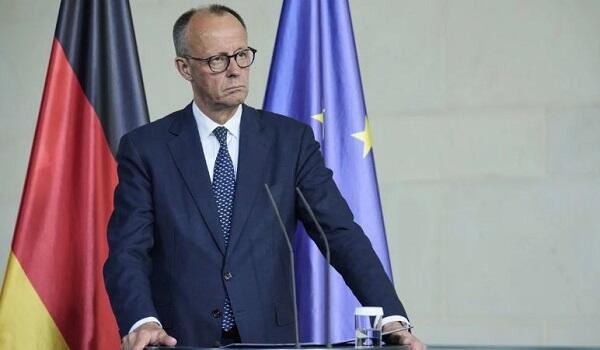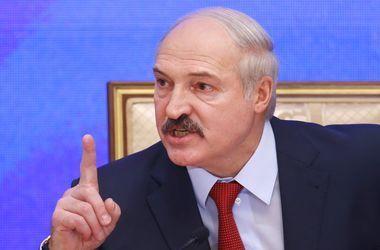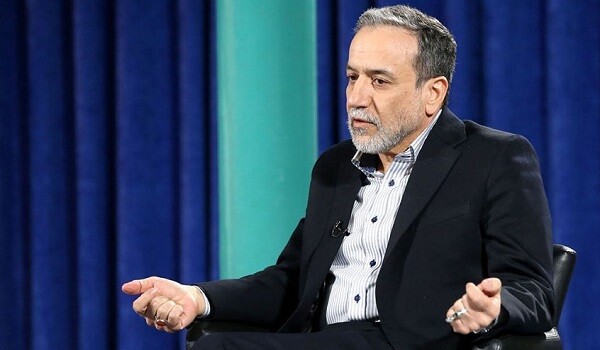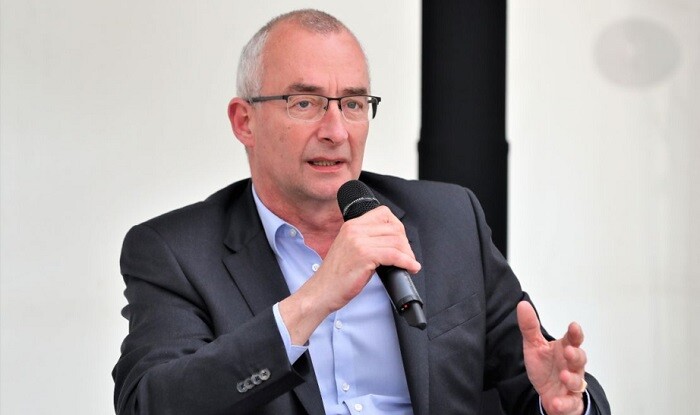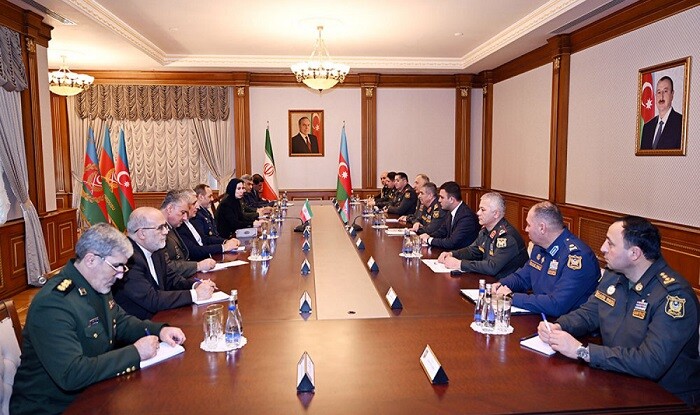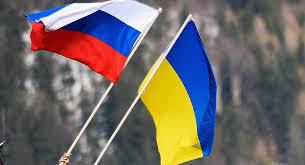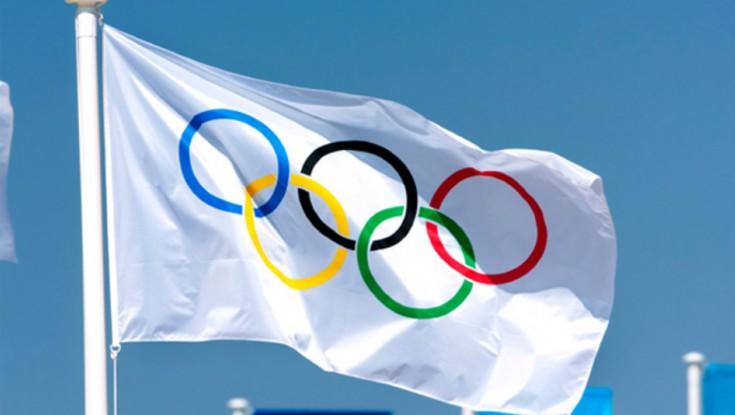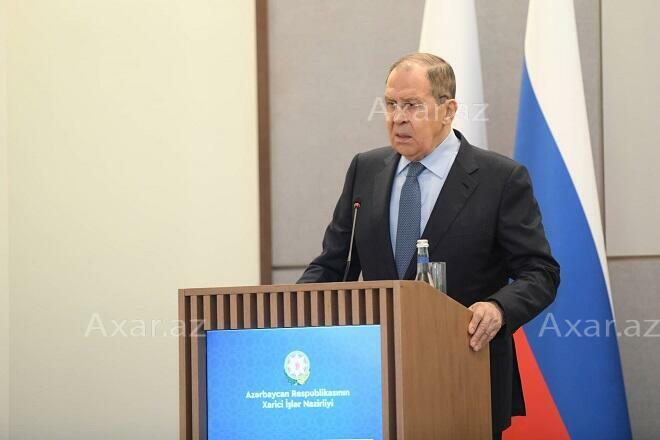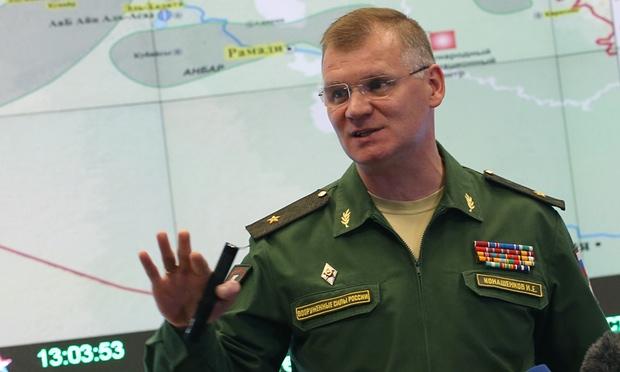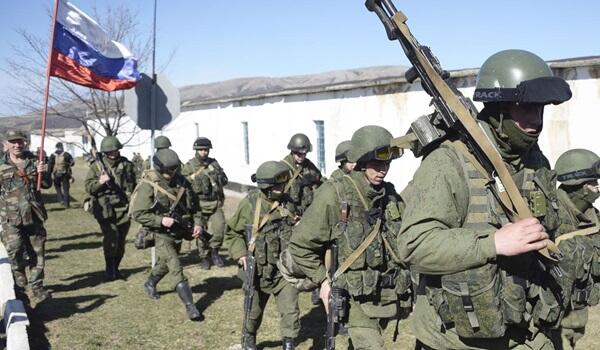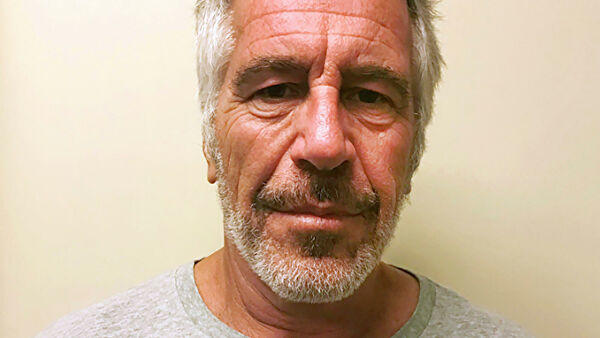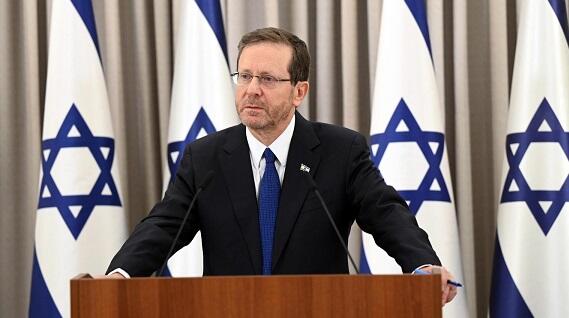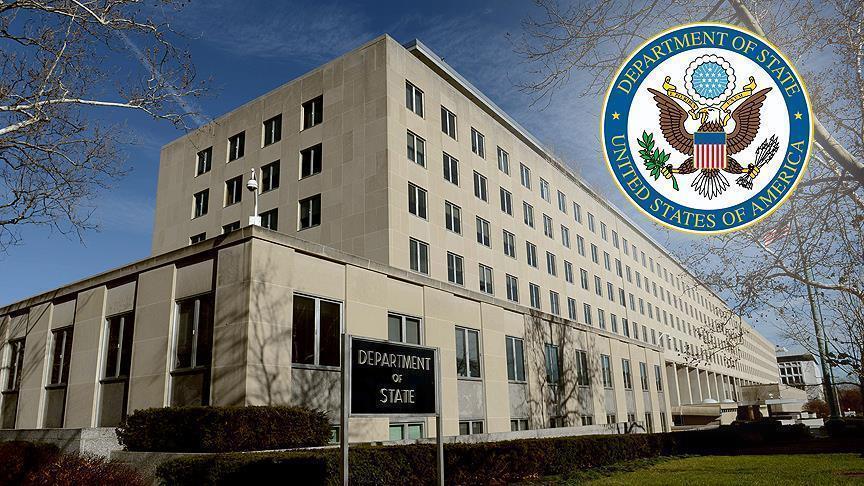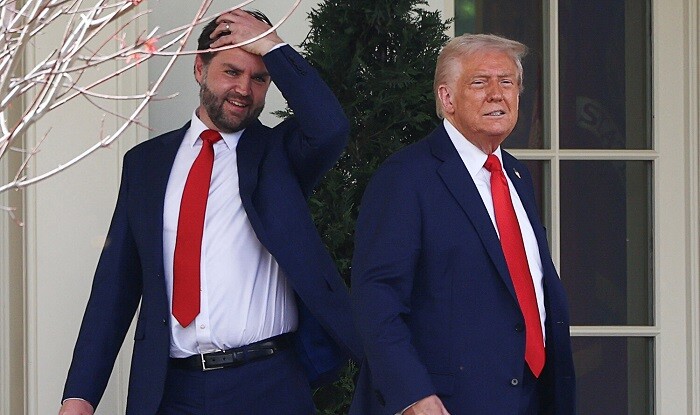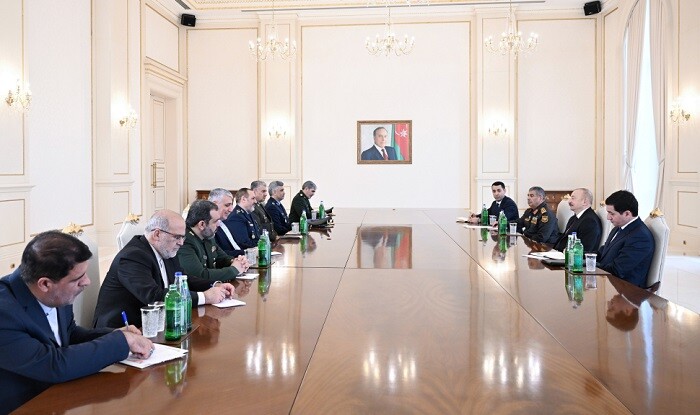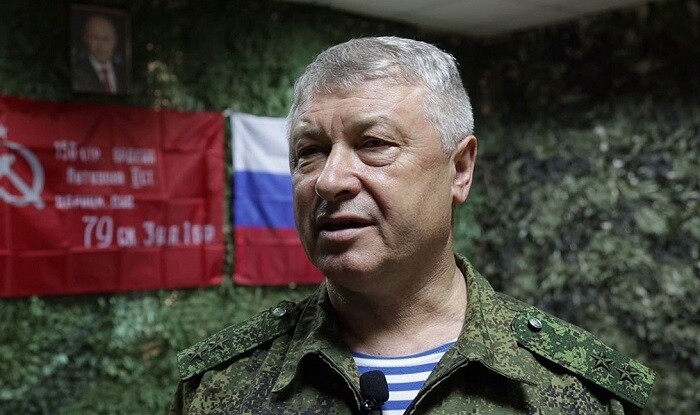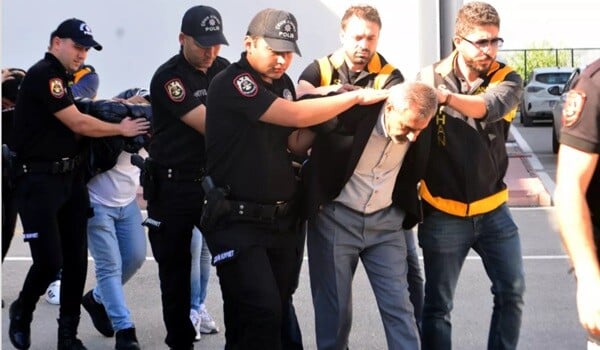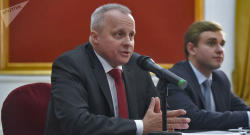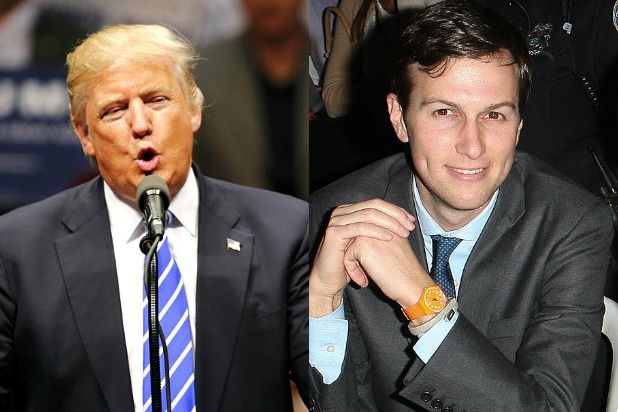Republican operatives were so afraid they would be blackballed by the party elite if they backed Donald Trump during the primaries that some insisted they would only work for him if they were guaranteed privacy, the president-elect’s son-in-law has revealed.
Axar.az reports citing to Forbes.
‘I hired a great tax-policy expert who joined under two conditions: We couldn’t tell anybody he worked for the campaign, and he was going to charge us double,’ Jared Kushner said.
Kushner, 35, who is married to Trump’s elder daughter Ivanka, spoke out in a rare interview with Forbes magazine.
The man who became Trump’s closest advisor during the lengthy campaign also denied that a feud between him and New Jersey Governor Chris Christie prevented them from working together to get the real estate mogul into the White House.
He said he managed to bring people into the campaign at a time when Trump was turning off establishment figures due to the way he insulted other GOP candidates.
‘I helped facilitate a lot of relationships that wouldn’t have happened otherwise,’ Kushner told Forbes journalist Steven Bertoni.
‘People were being told in Washington that if they did any work for the Trump campaign, they would never be able to work in Republican politics again.
A real estate investor like the president-elect, Kushner sought advice from his friends in Silicon Valley on how to run a lean, but highly-targeted campaign.
'We played Moneyball, asking ourselves which states will get the best ROI for the electoral vote,' Kushner told Forbes. 'I asked, "How can we get Trump's message to that consumer for the least amount of cost?"'
Kushner also addressed rumors that suggested he was the one responsible for getting Christie booted from the top of Trump's transition team.
Eleven years ago, Christie, then a federal prosecutor, was instrumental in getting Kushner's father Charles jailed for two year for making illegal contributions, tax evasion and witness tampering.
Trump's son-in-law said the two men had buried the hatchet.
'Six months ago Governor Christie and I decided this election was much bigger than any differences we may have had in the past, and we worked very well together,' Kushner said.
'The media has speculated on a lot of different things, and since I don't talk to the press, they go as they go, but I was not behind pushing out him or his people,' Kushner added.
He was behind his father-in-law's tech-savvy campaign strategy.
'It's hard to overstate and hard to summarize Jared's role in the campaign,' said billionaire investor Peter Thiel, the only significant Silicon Valley figure to publicly back Trump. 'If Trump was the CEO, Jared was effectively the chief operating officer.'
Kushner, married to Trump's eldest daughter Ivanka, started off the campaign by merely researching policy positions on tax and trade.
Soon, though, Kushner was seen as a sort of Trump whisperer, a 'trusted conduit to an erratic candidate,' as Forbes put it.
'I helped facilitate a lot of relationships that wouldn't have happened otherwise,' Kushner told the business publication. 'People were being told in Washington that if they did any work for the Trump campaign, they would never be able to work in Republican politics again.'
'I hired a great tax-policy expert who joined under two conditions: We couldn't tell anybody he worked for the campaign, and he was going to charge us double,' Kushner revealed.
The 35-year-old real estate investor soon found himself turning the campaign into a business, assembling a speech and policy team, managing his father-in-law's schedule and the campaign's finance.
'Donald kept saying, "I don't want people getting rich off the campaign, and I want to make sure we are watching every dollar just like we would do in business,"' Kushner said.
Over McDonald’s Filet-O-Fish sandwiches Trump and Kushner came to the realization that the campaign was under utilizing social media.
'I called some of my friends from Silicon Valley, some of the best digital marketers in the world, and asked how you scale this stuff,' Kushner said. 'They gave me their subcontractors.'
He then turned to Facebook.
'I called somebody who works for one of the technology companies that I work with, and I had them give me a tutorial on how to use Facebook micro-targeting,' Kushner explained.
Trump's quick-and-sharable messaging – 'Make America Great Again' – was perfect for the social medium and the Trump campaign went from selling $8,000 worth of hats each day to $80,000.
Kushner spent $160,000 of the campaign's money on quick and sharable policy videos and those generated 74 million views, Forbes reported.
Twitter and Facebook would go on to fuel the campaign and give Kushner and his team an idea of who Trump's supporters were and how they were feeling about certain issues in real time.
'We weren't afraid to make changes. We weren't afraid to fail. We tried to do things very cheaply, very quickly. And if it wasn't working, we would kill it quickly,' Kushner said. 'It meant making quick decisions, fixing things that were broken and scaling things that worked.'
Some credit has to be given to the Republican National Committee, which – once Trump had secured the nomination – handed over its voter data.
Kushner's team also hired partners including Cambridge Analytica to perform tests like which part of Trump's platform resonated the most with voters – is it immigration, trade or simply the fact that The Donald represented 'change?'
For television advertising, which is often a political campaign's heftiest expense, Kushner used tools like Deep Root that showed which shows were popular with specific voting blocs – such as NCIS for voters who disliked Obamacare and The Walking Dead for those who were in line with Trump's view on immigration.
The young entrepreneur even built a geo-location tool that plotted the location density of 20 different voter types, using Google Maps.
The data began to drive the campaign's every move. Where Trump traveled and gave his rallies was based on where the campaign had discovered Trump voters lived. Speeches on different topics were delivered to the voters where they might resonate the most.
